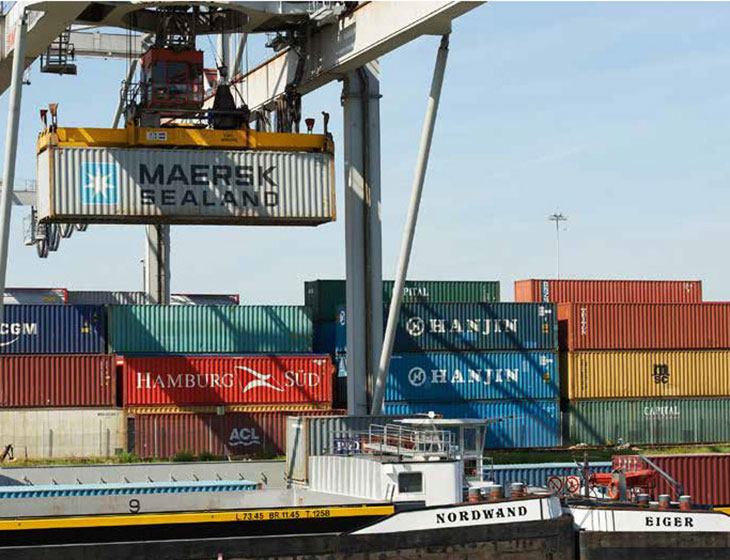Europe in the World after the Crisis: A Relational Approach
Schlagworte:
Europe, Crisis, Global Perspektive,Abstract
The economic crisis that has invested Europe since 2008 and the political crisis that peaked in the hot Greek summer of 2015 exposed the fractures and conflicts within the EU, but also within Europe at large. Arguably, this has led to a repositioning of Europe in the world, which is still ongoing. This reconfiguration of the internal European space happens in connection with the redefinition of the relations that Europe entertains with its outside (Moisio et al. 2013). Also, the crises have shown that ‘Europe’ means different things in different places. In this paper, it is argued that classical European studies need to be rethought accordingly: it is no longer possible (and perhaps never was) to conceive of Europe in hermetic categories, but European space and politics need to be re-conceptualized as heterogeneous and uneven, and this always in connection with the transformations happening beyond the artificial idea of Europe as a defined continent (Manners, 2012). Following the call of Jean and John Comaroff (J. Comaroff & J. L. Comaroff 2012), this paper argues that there is a need to look at transformations in contemporary Europe as a consequence of restructuring happening in other parts of the world. The uneven development characterizing today’s Eurozone may be read as a return of colonial relations or unfettered capitalism to Europe.


